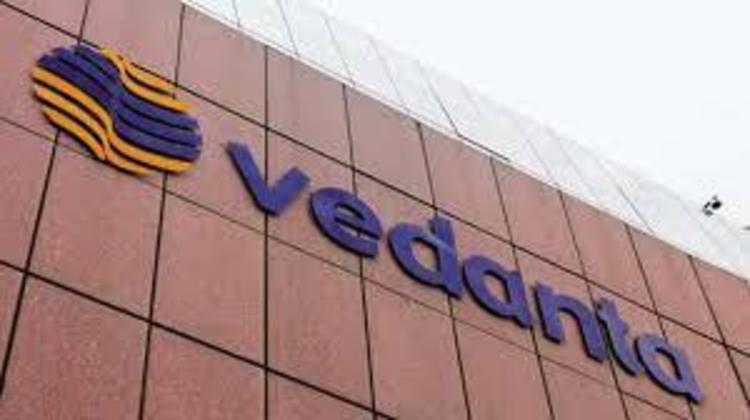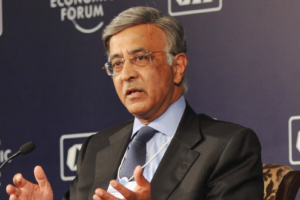
Cairn Oil & Gas, a part of Vedanta, on Tuesday has appointed Ajay Kumar Dixit as its Chief Executive Officer. Ajay succeeds Sudhir Mathur, who after seven successful years with the company, moves on to pursue personal endeavors.
Dixit has a whopping 39 years of experience in the energy sector. He joined Vedanta in 2015 from Siemens where he was CEO – Energy for South Asia.
As an alumni of Delhi College of Engineering, he served as the Acting CEO of Vedanta’s Aluminium and Power business before being elevated to this new role.
Vedanta said Dixit brings deep experience in strategy, operations, technology, finance and regulatory affairs. It added that his leadership would support Cairn’s vision to realize the full potential of Barmer block, grow the offshore business, appraisal of new blocks under OALP I and DSF II, and would enable a strong and high growth organization.
Speaking on the appointment, CEO, Vedanta, said they are delighted to appoint Ajay as CEO of the oil and gas business. He said that Dixit has great understanding of business and markets Vedanta operate in. He is described as a dynamic and values-driven leader with an impressive track record of delivering consistent high quality performance in a safe and sustainable way. Vedanta is confident that Dixit will play a stellar role in further increasing the operational efficiency and growth of our oil and gas business.
In response to the development, Dixit said he has been closely watching and admiring Cairn’s spectacular performance and feels privileged to lead this business. He feels Vedanta will continue to invest systematically and bring in world-class technology to further strengthen India exploration footprint. Their primary focus will remain on exploration and production in innovative and sustainable ways to support India’s vision of energy security and self-sufficiency.
Cairn produces approximately 200,000 barrels of oil equivalent per day, which amounts to 25 per cent of India’s crude production. The company has planned investments worth USD 3.5 billion over the next 3-4 years to ramp up its production.



